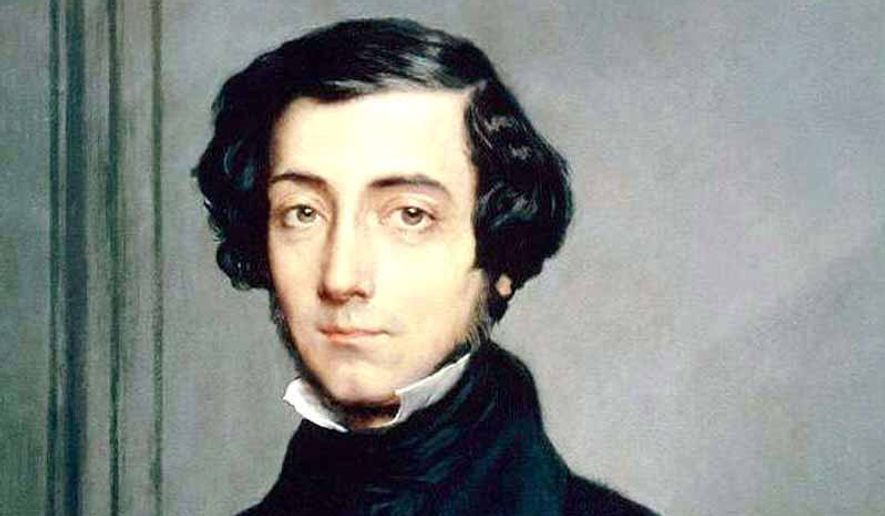OPINION:
America is a remarkable country, and sometimes it takes a disaster to remind us of how remarkable it is. The millions who indulge a little self-pity over having to choose between Donald Trump and Hillary Clinton should look to Baton Rouge for another view.
The federal government has pledged $127 million to rescue several parishes (counties) in southern Louisiana, and no less than President Obama, who played a round of golf dedicated to the suffering people while the Donald flew to Louisiana at his own expense to buck up their spirits, says he and the government will stand with the folks there “after the cameras are gone.”
The water has receded, the cameras have gone, and even Robert Capa could take only so many photographs of women tugging drenched carpets to the curb and men ripping out drywall ahead of the mold that pursues everything in the humid Deep South.
Rep. John Mica of Florida, the Republican chairman of the subcommittee with jurisdiction over the Federal Emergency Manpower Agency (FEMA), and Rep. Garrett Graves, the Republican congressman who represents the district in Congress, have toured the area and Mr. Mica says the president and the federal government should put up or shut up. Preferably, of course, put up.
“This is one of the biggest displacements of people I’ve ever seen in the country,” he says, “and the response is pitiful from the federal level.”
Mr. Mica’s remarks recall the criticism of FEMA in the wake of Hurricane Katrina, which devastated Louisiana 11 years ago. FEMA learned a lot from that disaster, but maybe it didn’t learn enough. But what’s remarkable is that America has come to the rescue. It’s not enough, either, but the heart and hands of the people are alive, well and eager to do actual good.
“Nobody cares about the politicians,” writes one anonymous Louisiana internet blogger. “The people learned from Katrina that they can’t rely on the government to save them from a natural disaster. The media reports that 30,000 people were evacuated [from their homes]. Many were by boat, and a vast majority of those boats were manned by regular people. Several organizations have stepped up to offer shelter and aid, but a massive boon of volunteers is to the credit of the people, not a wellspring of government aid.
“What’s happening in Baton Rouge is nothing short of amazing. A city has come together to help one another, a city that was divided by the controversial shootings a month earlier. This is what the media should be reporting.
“Instead we get bombarded with the typical partisan crap. Are you a Republican? Then Obama is a hypocrite. Are you a Democrat? Then Trump should have stayed out to help relief efforts. The bigger questions on [the people’s] minds are (1) is insurance going to cover this? (2) Am I getting any federal aid? (3) How will I eat/sleep/work until my life is back in order? At the end of the day, no one in Baton Rouge cares about the politicians. There’s just too much to worry about right now.”
Private help is getting to Louisiana from the usual sources, schools, civic clubs, organized volunteers and most of all, from churches and religious groups. (From the organized atheists, not so much, unless you count condescending sneers at people of faith and belief). A sophomore at Notre Dame organized contributions of food to the stricken in his hometown in Louisiana. A truck loaded with diapers, baby food, basic groceries, odd pieces of furniture and tape guns was dispatched from Appalachia. Athletes at the University of South Carolina organized a truck to Baton Rouge for their Southeastern Conference rivals at LSU. Several dozen residents of Little Rock, who had fled to Arkansas in advance of Katrina and stayed after the storm to establish new homes, partnered with a restaurant and a funeral home to organize “help for the old country.” Being from New Orleans, they naturally made a party of it.
Such self-help in the face of disaster would not have surprised Alexis de Tocqueville, the French diplomat, historian and philosopher whose book in 1840, “Democracy in America,” written after nine months on the ground, got America almost exactly right. “In the United States,” he writes, “as soon as several inhabitants have taken an opinion or an idea they wish to promote in society, they seek each other out and unite together once they have made contact. From that moment, they are no longer isolated but have become a power seen from afar whose activities serve as an example and whose words are heeded.”
What a remarkable people they have become. Strong enough, resourceful enough and good enough to survive even their government.
• Wesley Pruden is editor-in-chief emeritus of The Times.




Please read our comment policy before commenting.